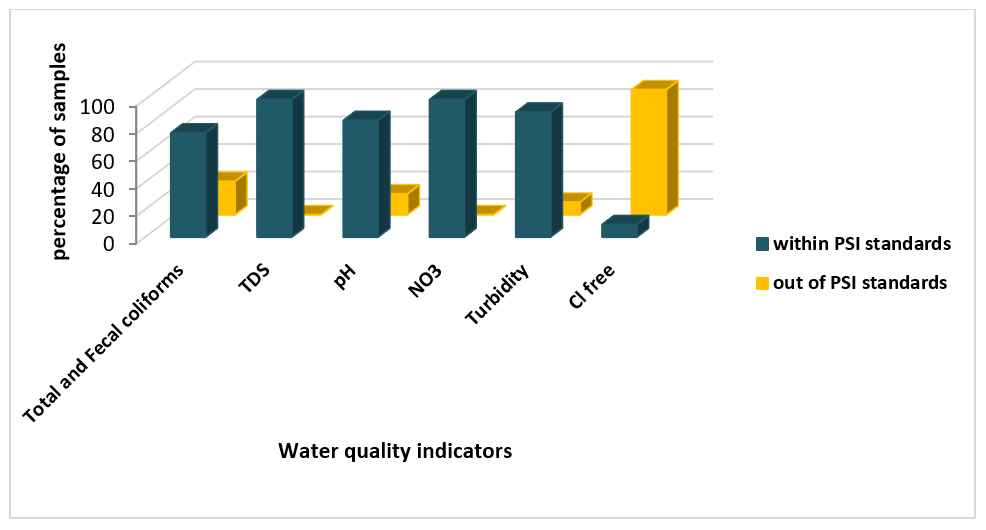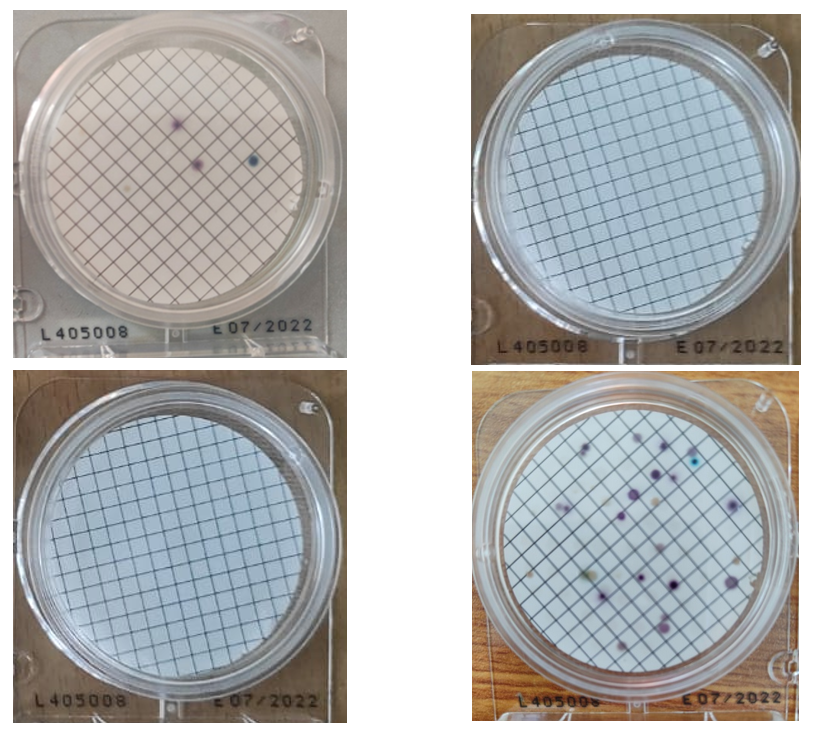A project update to celebrate World Water Day 2023
A variety of different activities has been ongoing in Palestine within the framework of the hands4health project. In light of the World Water Day 2023, the project teams have much to celebrate regarding their progress and contribution to improving the water and sanitation systems in schools in Palestine. This article provides an update on some of the activities carried out by the project team, including baseline data collection, WASH infrastructure rehabilitation and a comprehensive water quality study.
Baseline data collection
Overview and status
On March 16, 2023, the Cesvi and Swiss TPH team completed the baseline data collection in Palestine. The process took one month and a half and covered a total of 20 schools in Hebron, which were selected by the project team in collaboration with the Ministry of Education School Health and Engineering departments in the corresponding directorates. The baseline comprised schools that are not connected to functional water sources and have high needs regarding WASH infrastructure maintenance.
The main goal of the baseline data collection was to assess the hand hygiene of the students in the two arms of the study (intervention and control) before any intervention takes place. For that, three main tools were used: handwashing observations, self-reporting questionnaires and household surveys (read more here). The baseline imbalance between trial arms was assessed in terms of clinical importance rather than statistical significance.
The schools welcomed the idea of evaluating the effect of the intervention in a pre-post design. They recommended improving hand hygiene by targeting the school infrastructure as well as the students’ behaviour. The systematic behaviour change approach was highly appreciated by the school administrations.
Main insights
- Most of the schools clarified that the handwashing soap is often misused and wasted by the children. They confirmed the need for an intervention that improves the pupils’ behaviour regarding the use of soap and that provides sustainable soap dispensers which can be loaded with soap at a low cost.
- Schools have two separate places for drinking and washing hands. Drinking taps are usually located in the yard, while handwashing stations are inside sanitary units. Students wash their hands at the handwashing stations but also use drinking taps for that purpose. The idea of installing soap dispensers at drinking stations too was therefore welcomed by the school administrations.
- The school administrations highlighted the lack of funds for developing projects that could help to improve the WASH infrastructure in schools. They also emphasised the need for maintenance activities that target this hardware.
Challenges & next steps
One week after the start of the baseline data collection, a teachers’ strike was started, which hindered the normal operation of schools. This tighthened the timeline available for the assessment and required additional flexibility and efforts from the team. Despite the challenges, the team was able to finalise the baseline data collection in time and before the start of Ramadan.
The baseline assessment represents one out of three data collection cycles planned within the impact evaluation component of the hands4health project. The second round will be dedicated to measuring the short-term effect of the intervention (to be carried out 3 months after the implementation in the intervention arm). The last phase will take place 1 year from the start of the baseline data collection.
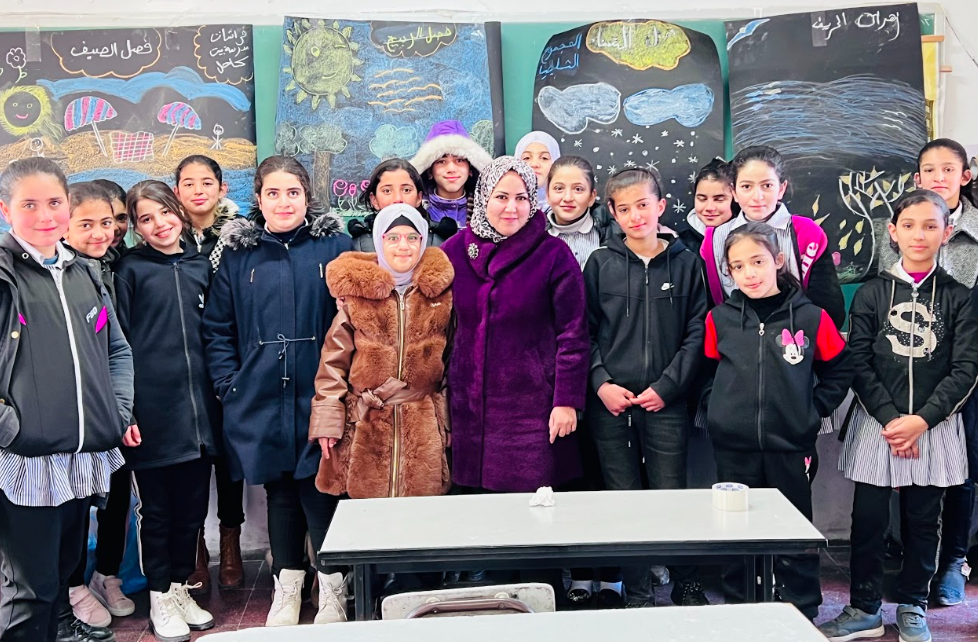
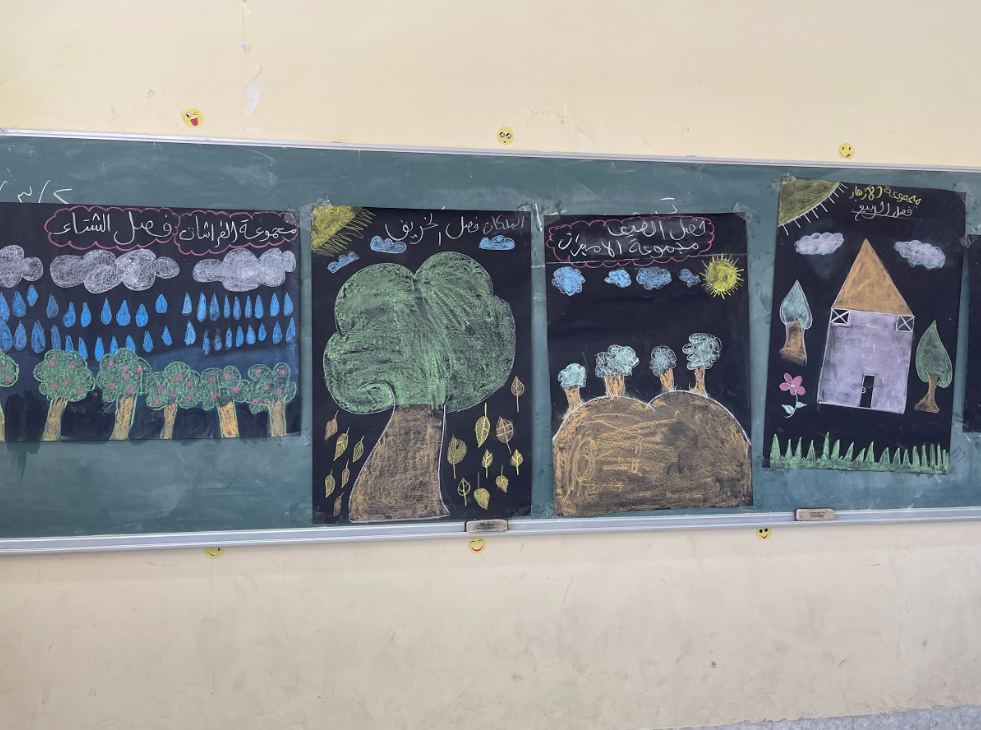

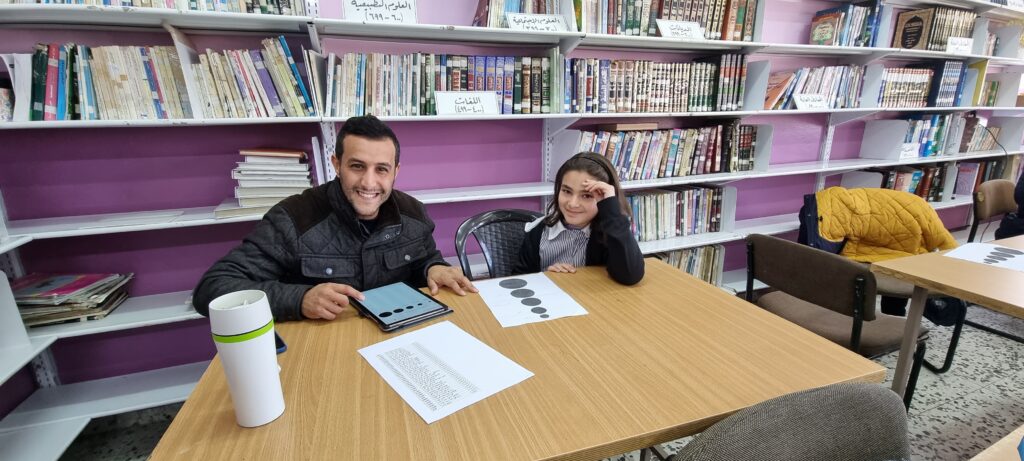
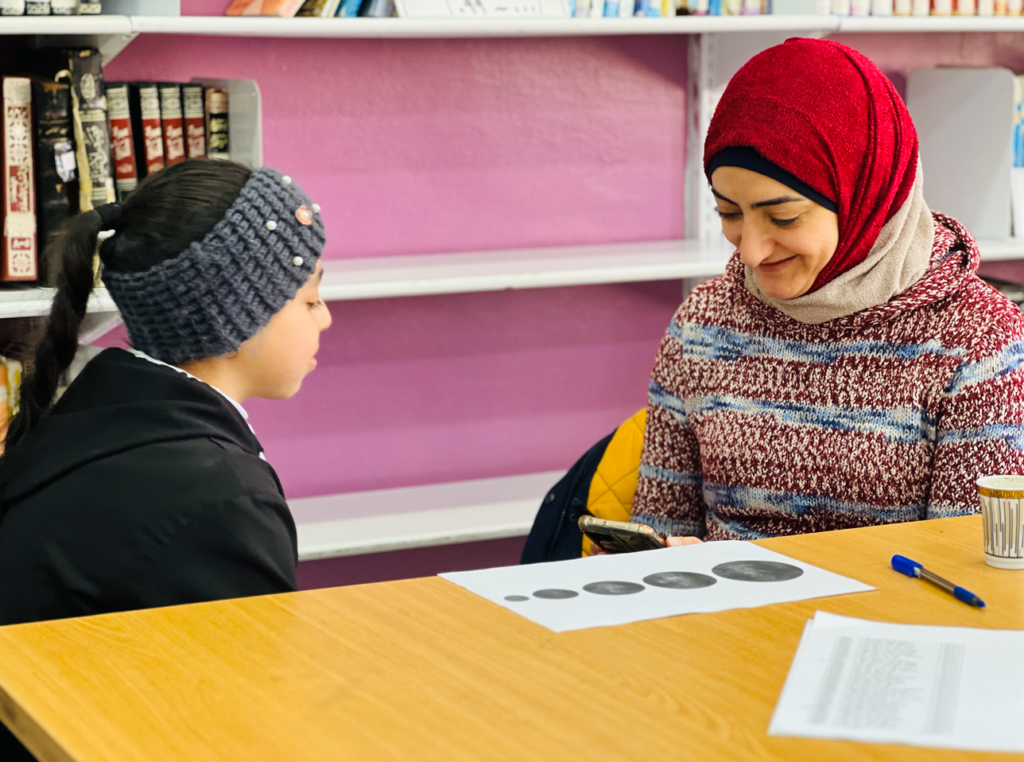
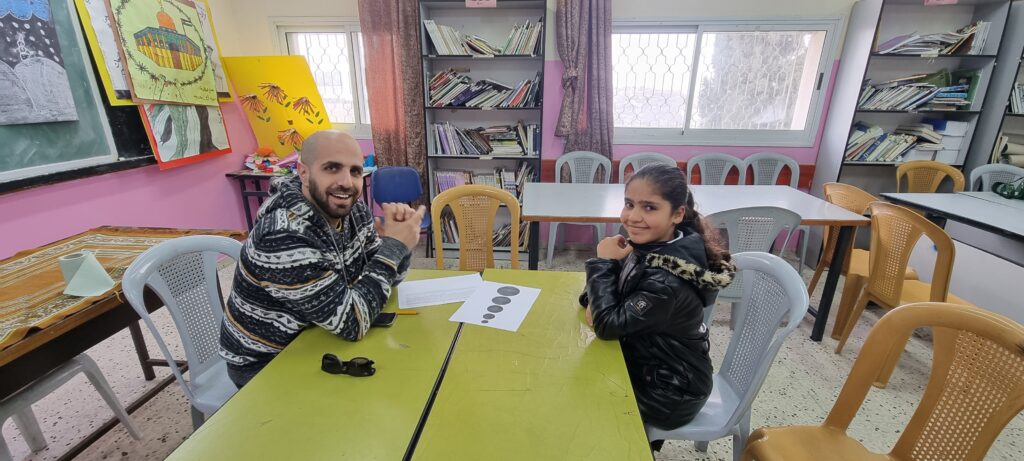
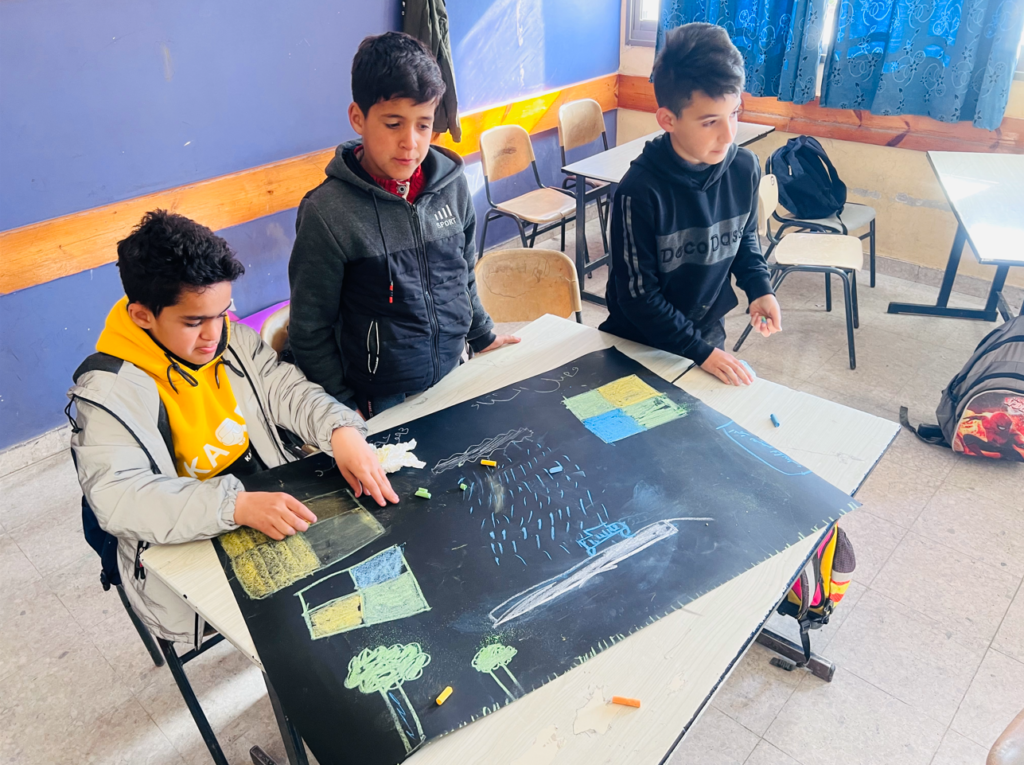
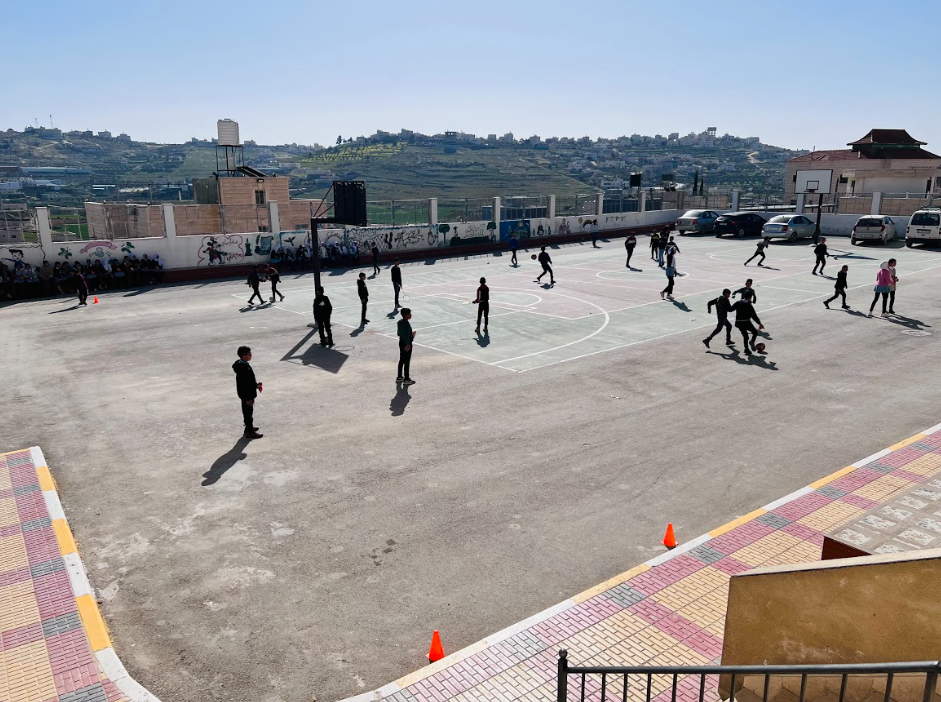
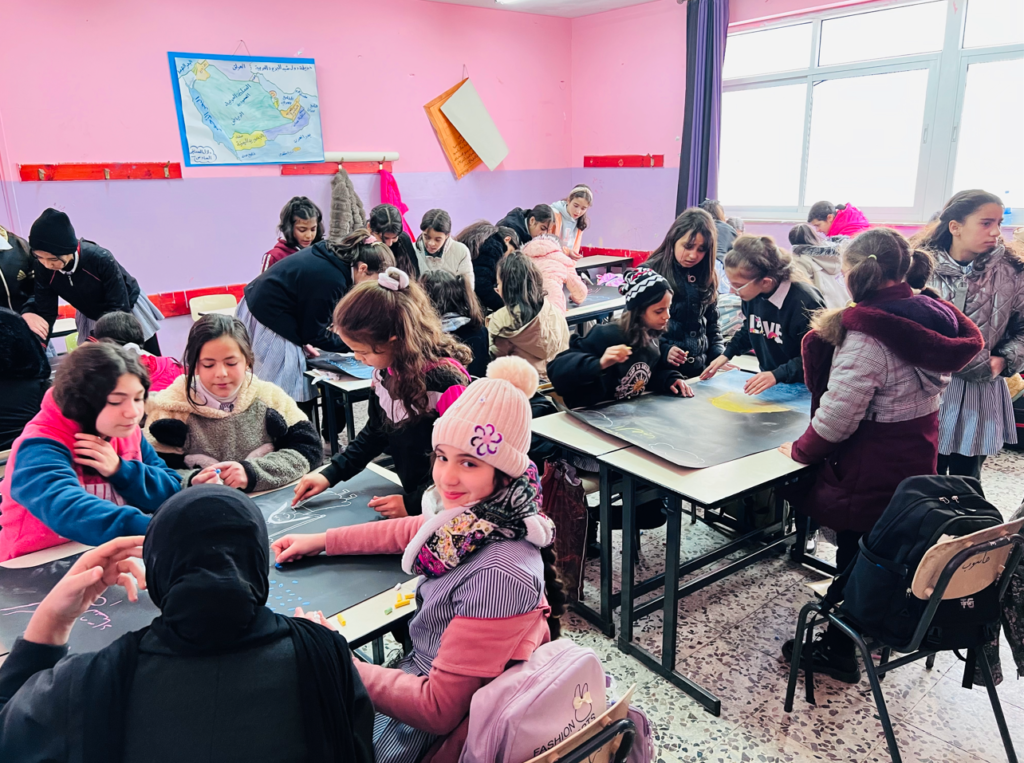
Infrastructure rehabilitation works
Overview
The rehabilitation of WASH infrastructure in schools is one of the hands4health intervention pillars in Palestine. Phase 1 of the maintenance works (piloting) was carried out by Cesvi in February 2023, comprising 9 schools located in the Ramallah (1), Yatta (2), Dura (3) and Hebron (3) Directorates.
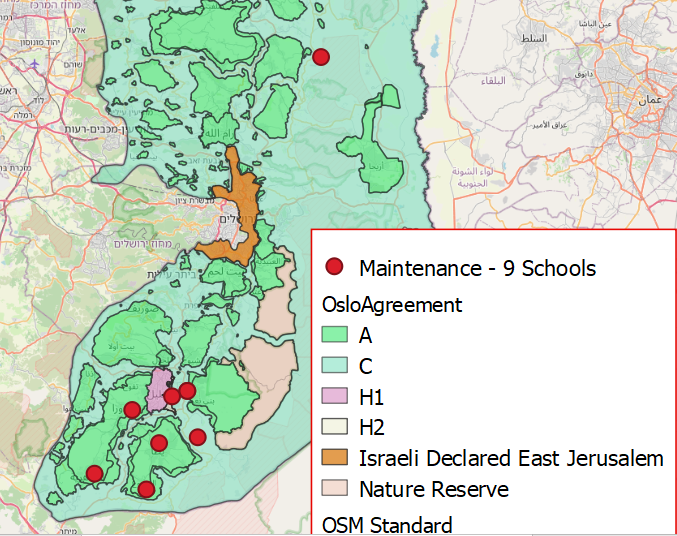
The rehabilitation works included:
- Increase of the water storage capacity through the provision of new tanks;
- Rehabilitation of sanitary and handwashing facilities;
- Provision of handwashing and drinking fountains; and
- Rehabilitation of the overall water infrastructure, including infiltration and drainage issues.
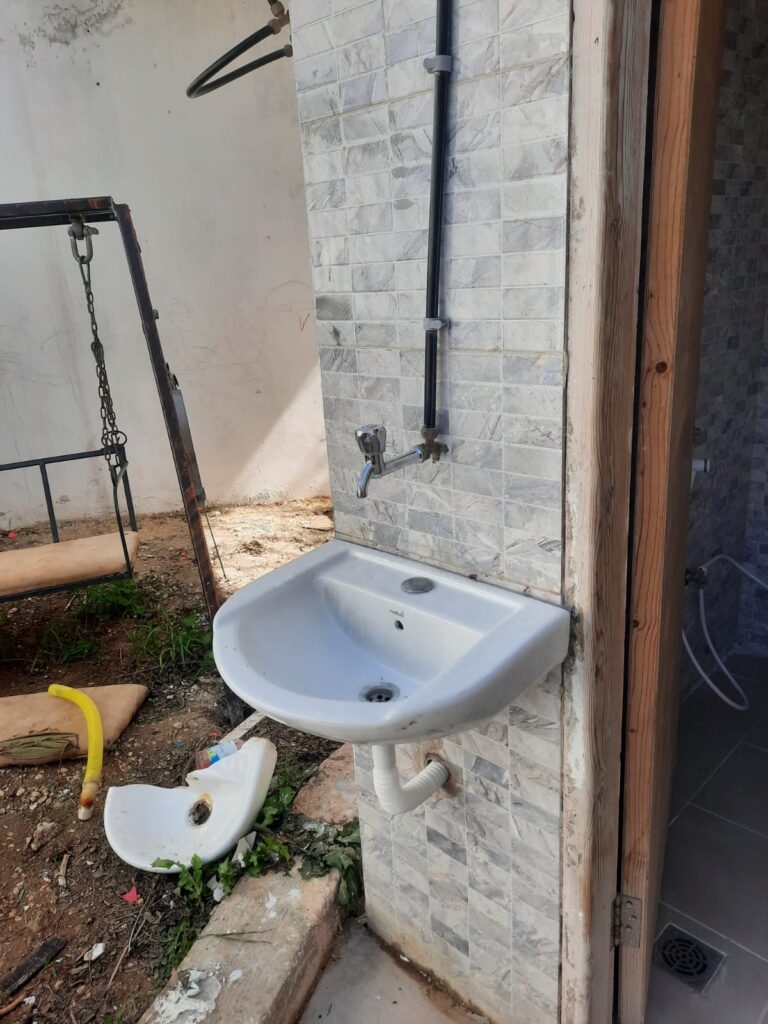
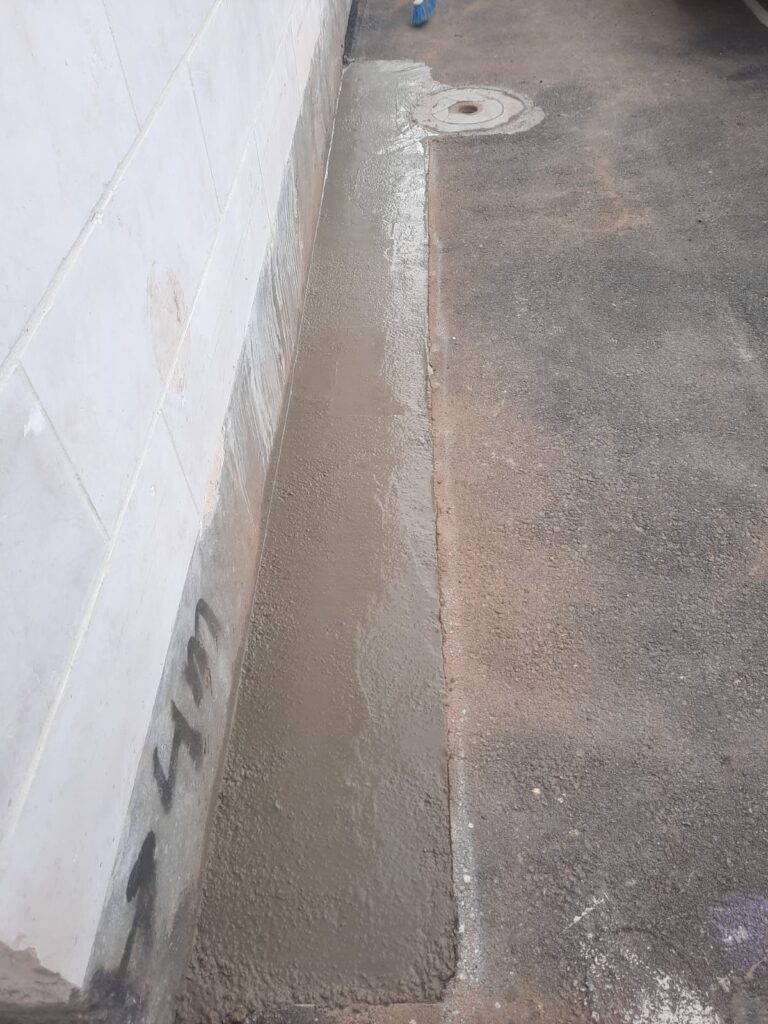
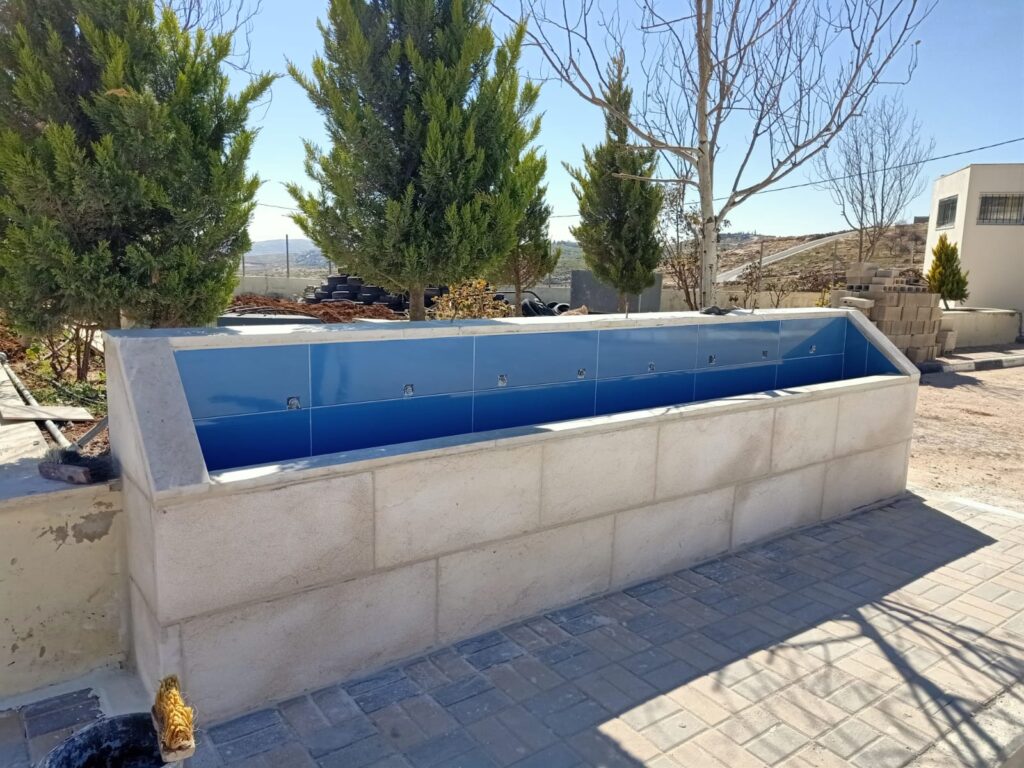
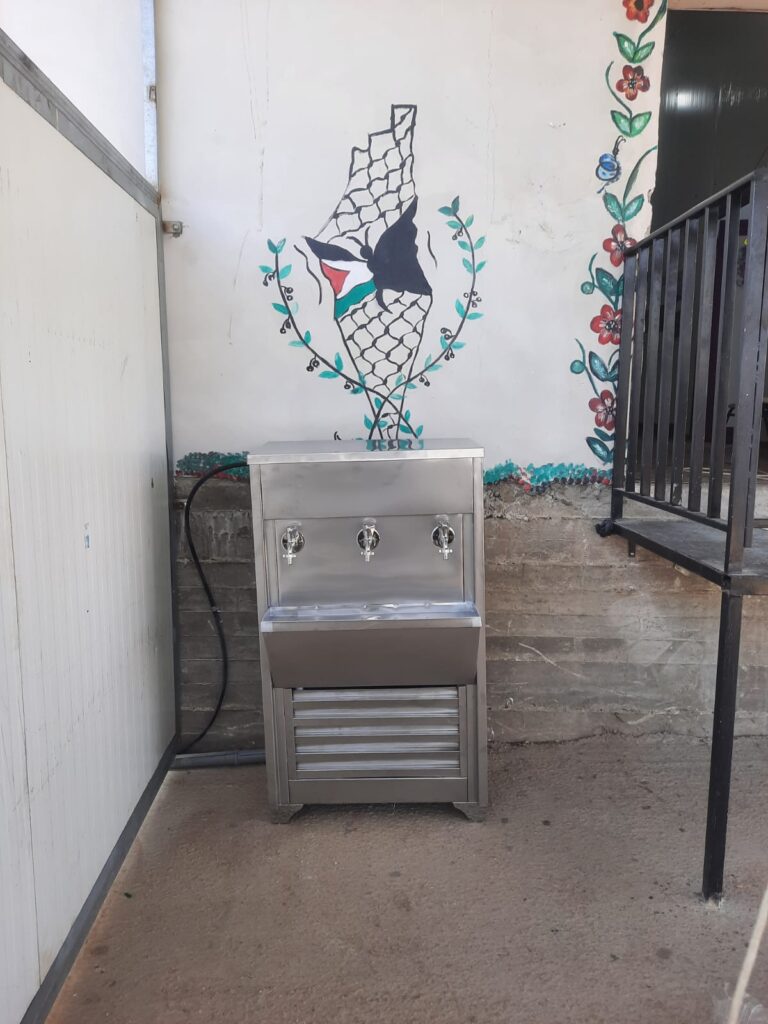
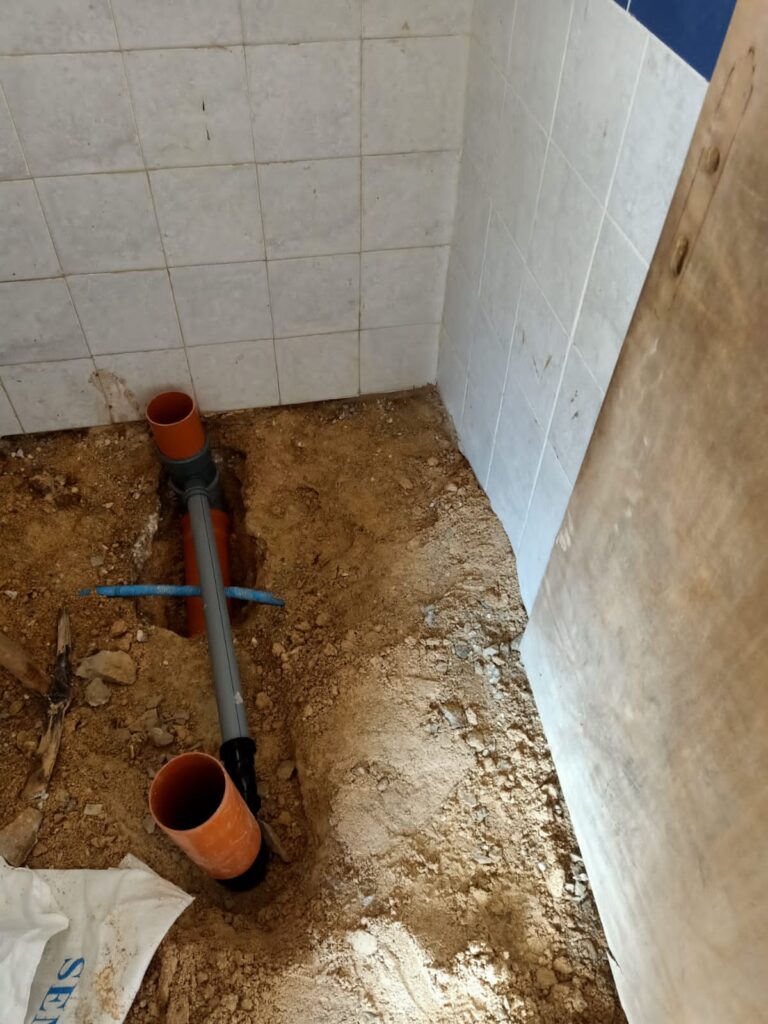
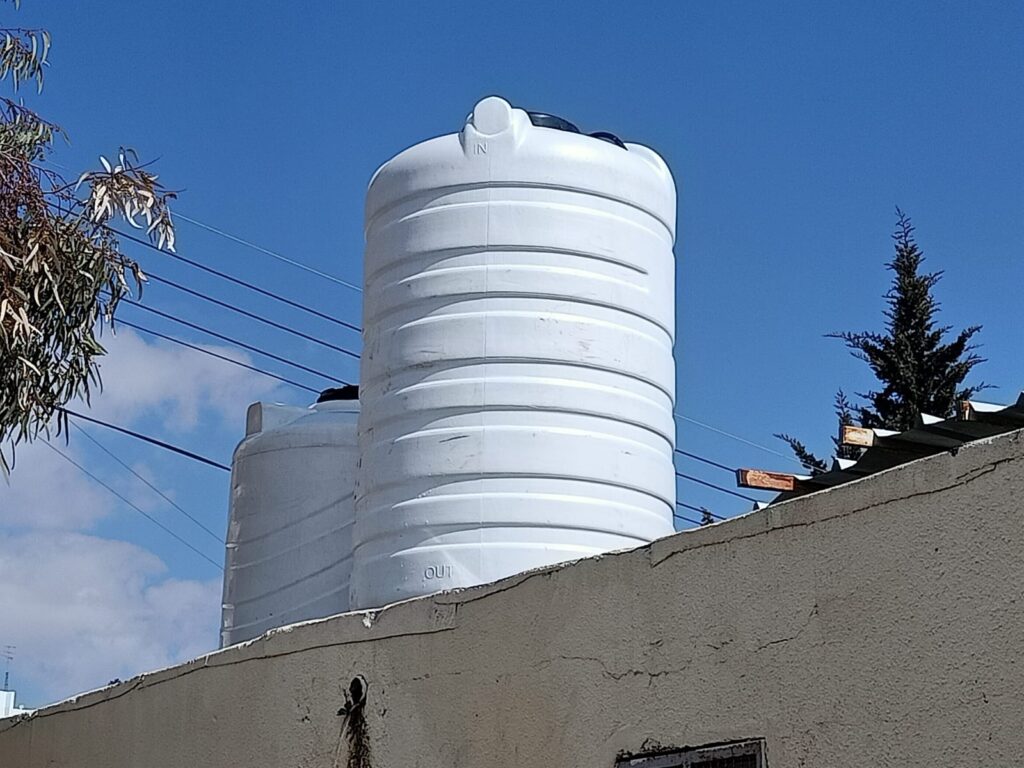
A closer look at the Wadi Al Teen school
The Wadi Al Teen school is very representative of the particular situation of disadvantage related to its location and the extremely high restrictions regarding any kind of infrastructural improvement. Located in a very remote area in a Bedouin village in Ramallah Governorate, Wadi Al Teen is situated close to settlers and subject to period checks by the Israeli military. This means that any installation within the school premises risks bringing a demolition order.
The condition of the WASH facilities in the school was very poor. For the students, only one outside female bathroom was present, while male children were forced to use the open space outside the school for their needs. There were also wastewater leakages into the ground, generating unpleasant smells and posing safety risks to the childrens’ health. The activities carried out by Cesvi in phase 1 comprised the rehabilitation of the basic sanitary facilities for children inside the school, including toilets, handwashing basins, drinking water fountains, and a drainage system through the new bathroom and the Cesspit tank. The school has also received a chlorination meter to monitor the water and ensure that it is safe for the children to use.
The maintenance works in this school have been organised by transporting the construction materials during the dark hours and carrying out the rehabilitation activities undercover during the daylight, to ensure the safety of the project and construction teams.

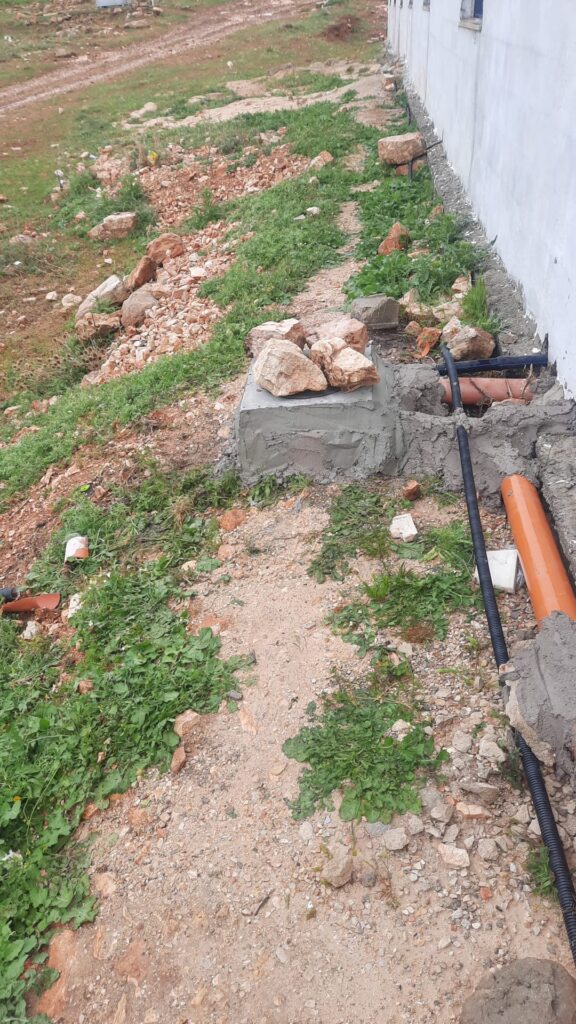
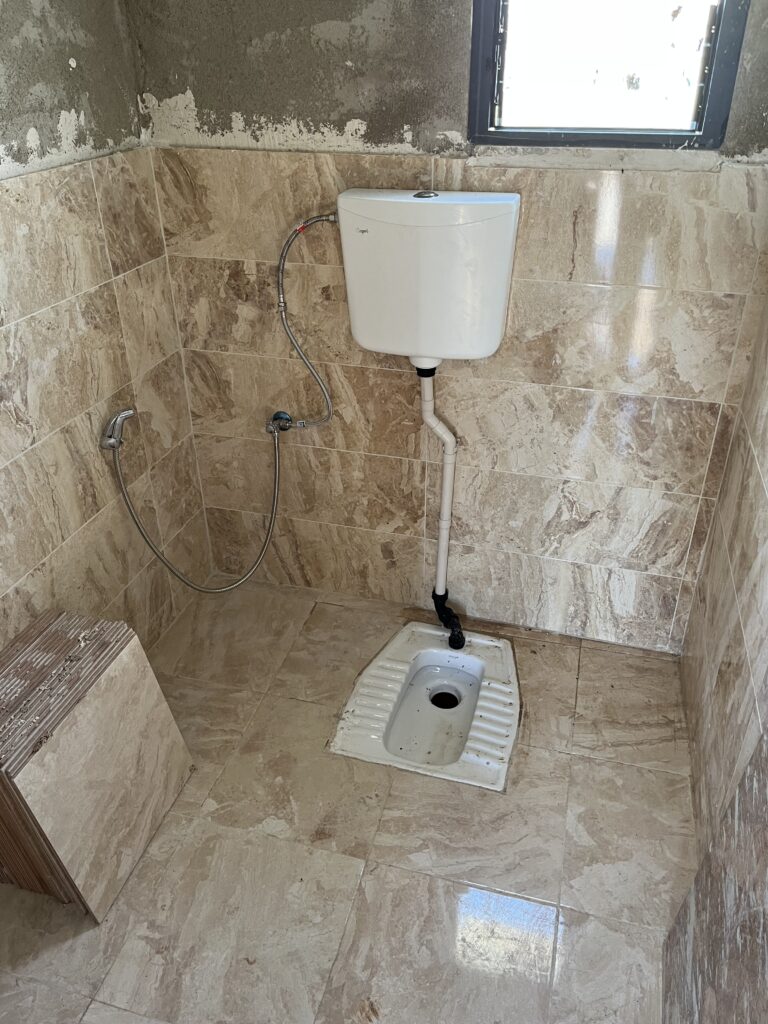
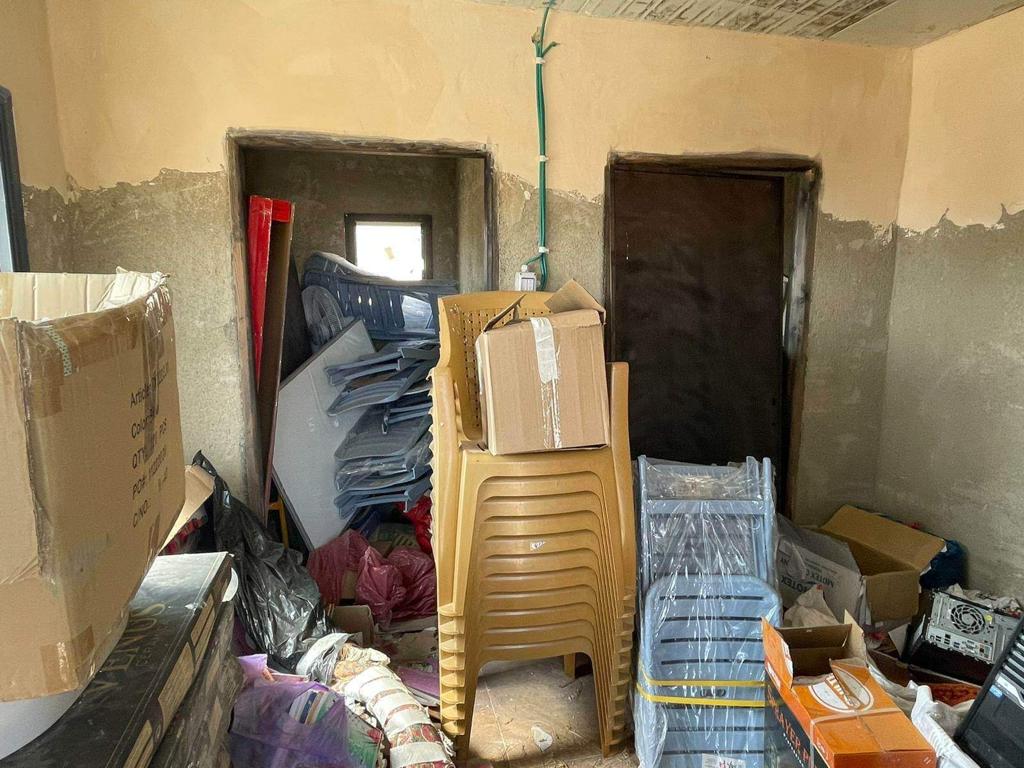
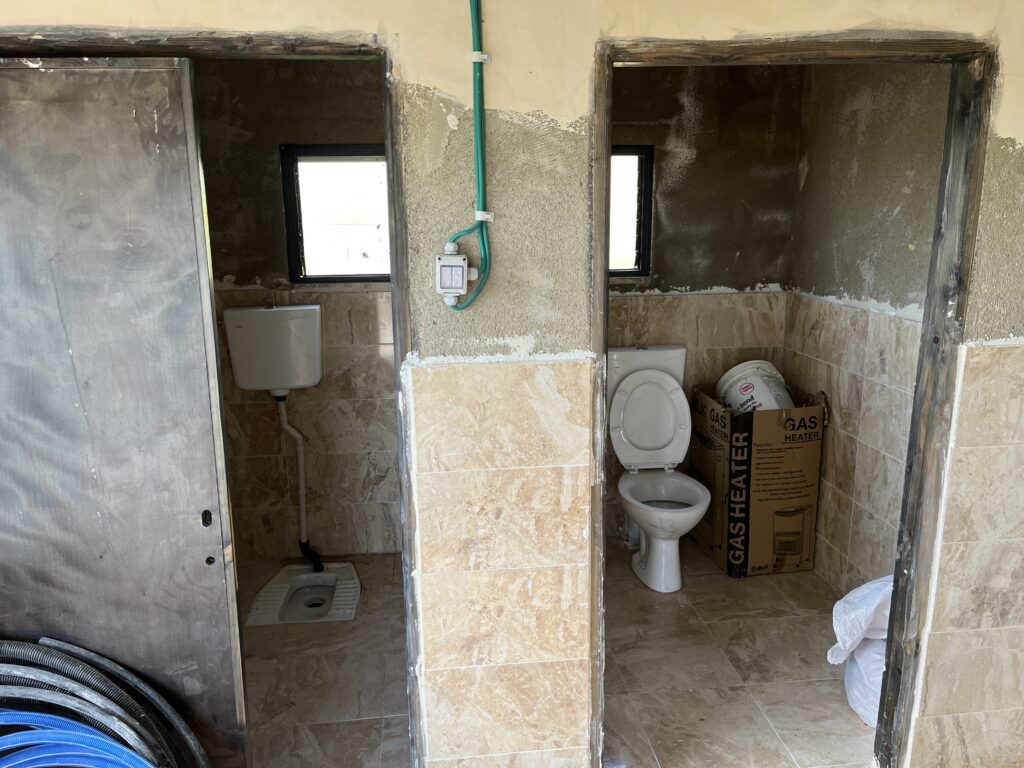
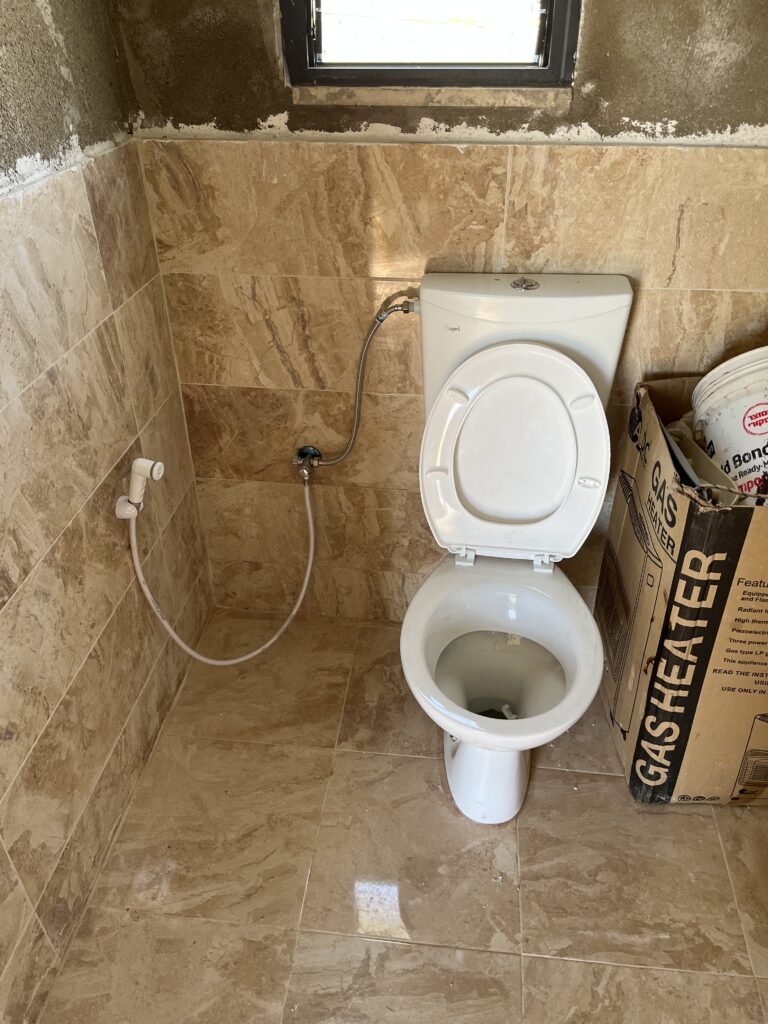
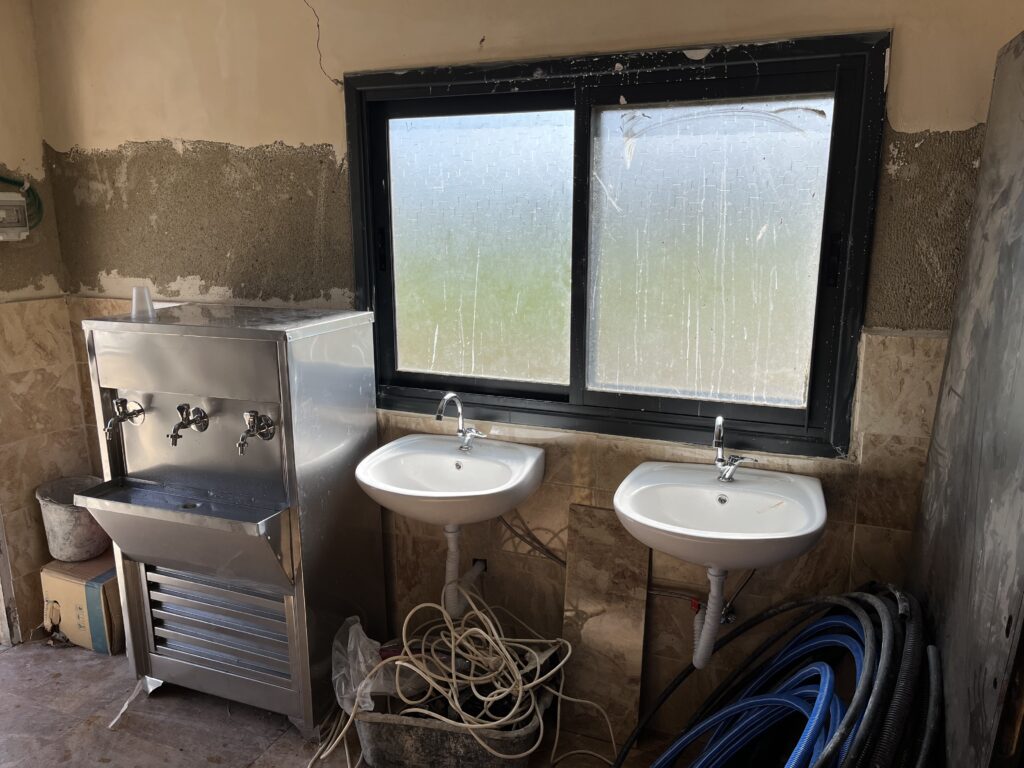
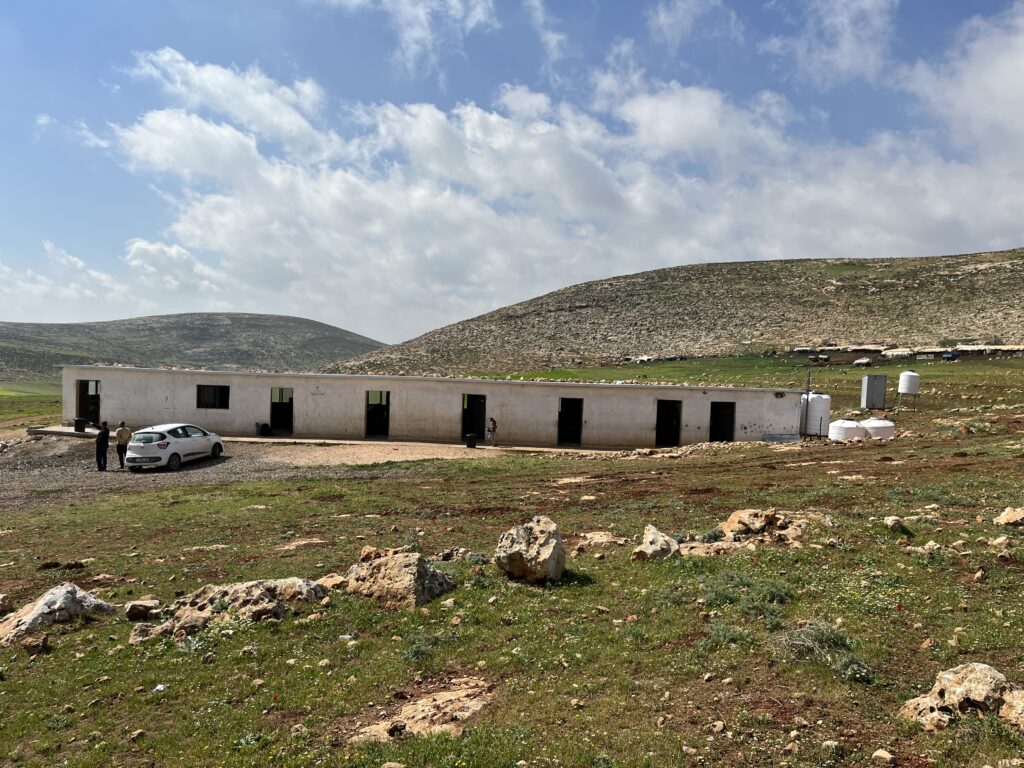
Next steps
Cesvi is currently finalising the Bill of Quantity for the construction works, which will be carried out from April 3rd to May 11th. During Ramadan, the team will also start to preparing for the RANAS behaviour change intervention.
On the occasion of World Water Day 2023, Cesvi and PPU staff will carry out a training on the use of devices to measure free chlorine in water. The training will take place on March 22nd at the PPU headquarters and will target principals and teachers of the 13 schools part of the implementation group. During the training, the chlorination devices will be delivered to the schools, to enable continuous monitoring of the presence of free chlorine in the water delivered to school facilities.
Assessment of drinking water quality in schools in Hebron
Overview
Within the local networking and collaboration between the Palestine Polytechnic University (PPU) and the Ministries of Education and Health, a comprehensive field study was carried out to evaluate the drinking water quality in schools in the Central Hebron Directorate of Education.
Water samples were collected from 33 schools, which represents 25% of the total schools in the Central Hebron Directorate of Education (covering the areas of Hebron city, Taffouh, Beit Kahel and Tarqoumia). The samples were analysed for physicochemical parameters, including dissolved solids, pH, turbidity, nitrate and free chlorine contents, as well as biological contamination (expressed as total and fecal coliforms).
This study provides important insights to the hands4health project team, who tackles water quality and chlorination as part of its systematic approach to hand hygiene, water quality and sanitation in primary schools not connected to functional water supplies in Palestine. The complete findings of the study will be made available in a peer-reviewed journal soon.
Main findings
The findings revealed that about 24% of the samples showed biological contamination (see figures below). This was associated with low concentrations of free chlorine in nearly 91% of the samples. This issue is believed to have happened due to inefficient chlorination treatment, in addition to wastewater seepage into the storage wells through micro cracks in walls, pipes and fittings. Hence, technical and training actions on chlorination techniques are needed, along with maintenance and rehabilitation work. The Ministries of Education and Health are informed and are taking action to overcome these issues.
The results of the physicochemical analyses showed that the values of the tested parameters were within the allowable limits for more than 85% of the samples, indicating no special needs for actions in this regard. In conclusion, schools are receiving clean water with very good quality from municipality sources, as observed in a previous study. Contamination most probably happens within the schools, either during storage of water in contaminated wells or tanks, or due to poor hygiene and sanitation practices. This contamination consumes free chlorine from the water, leaving it more susceptible to contamination.
